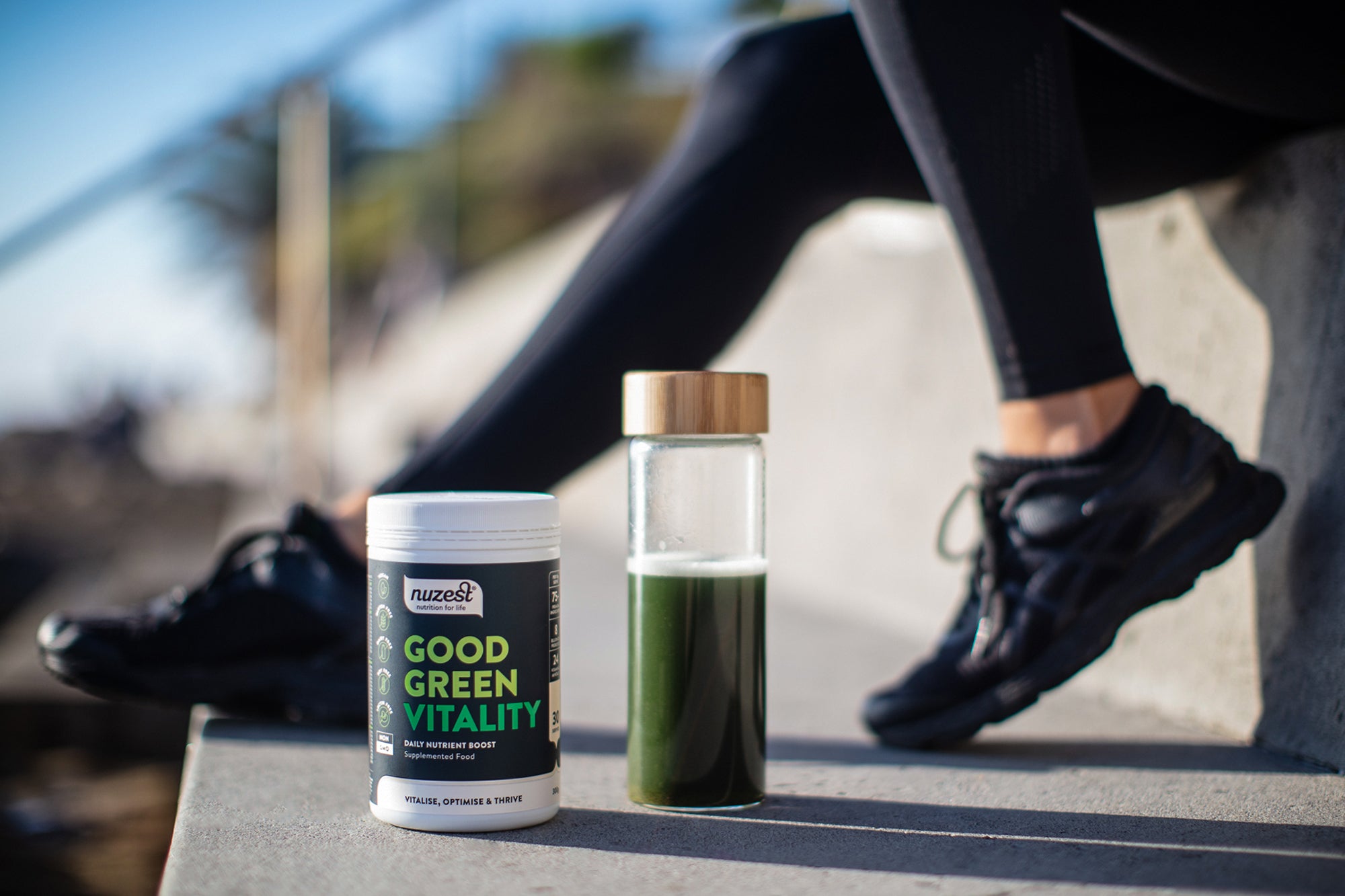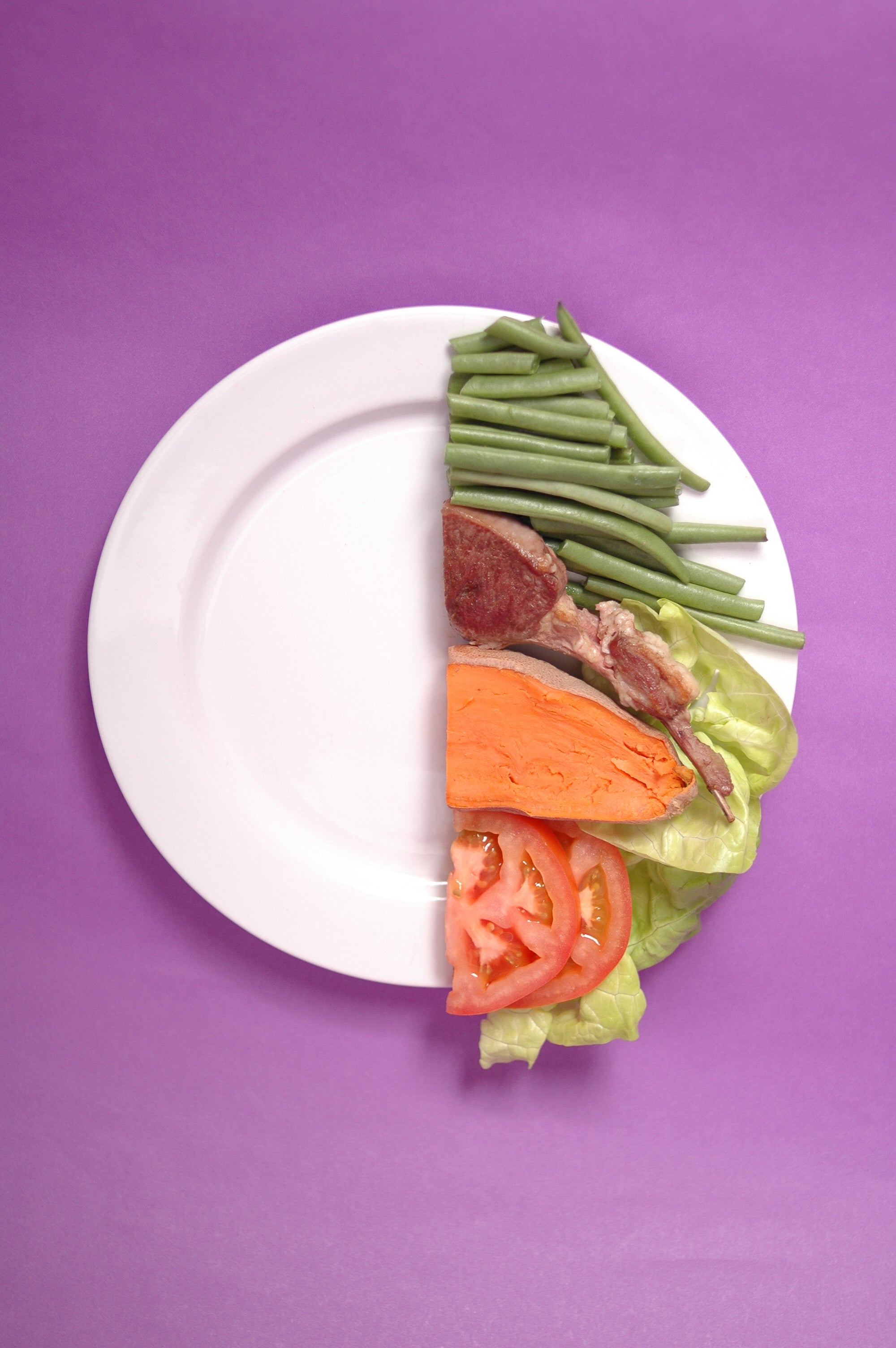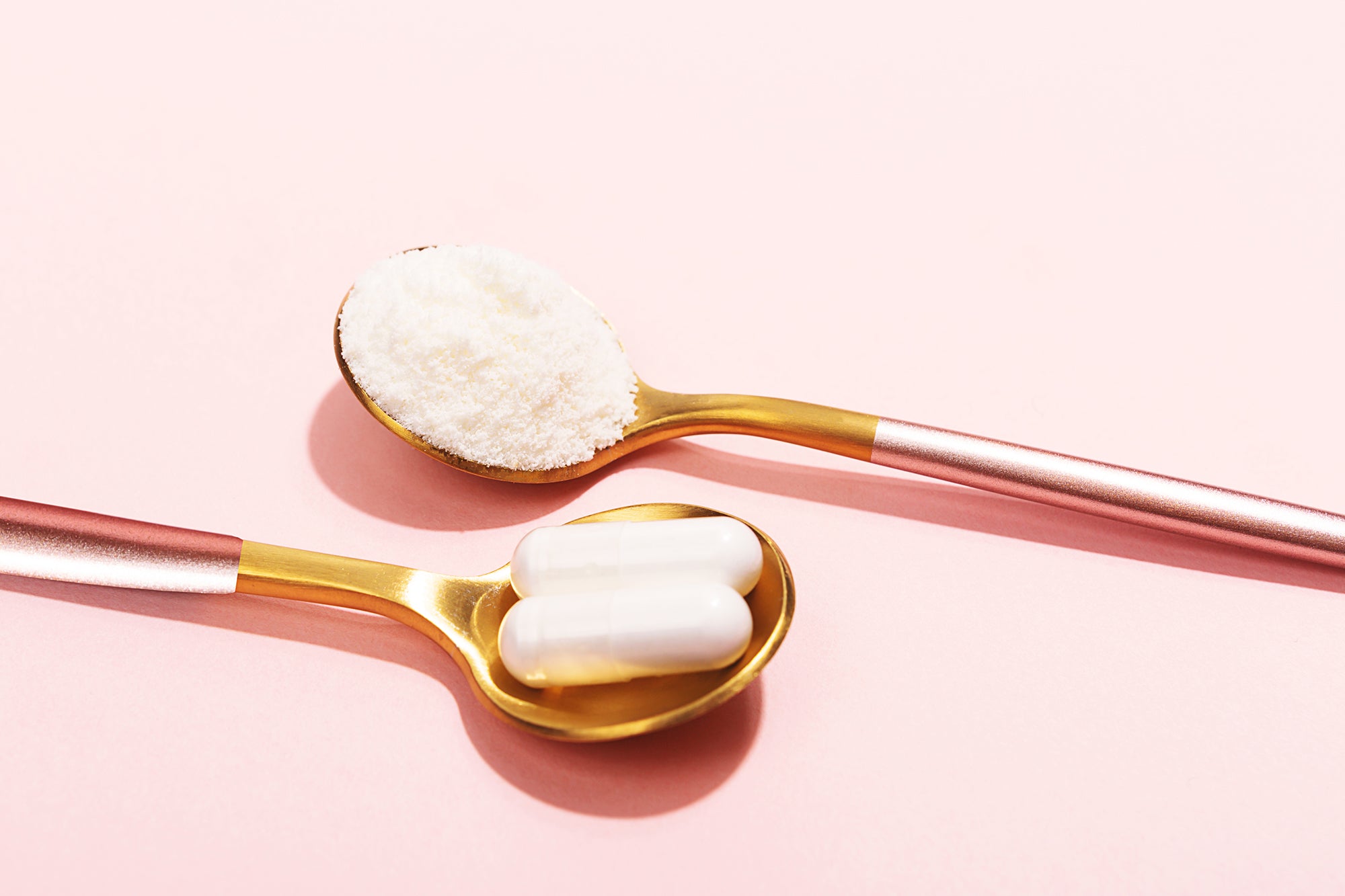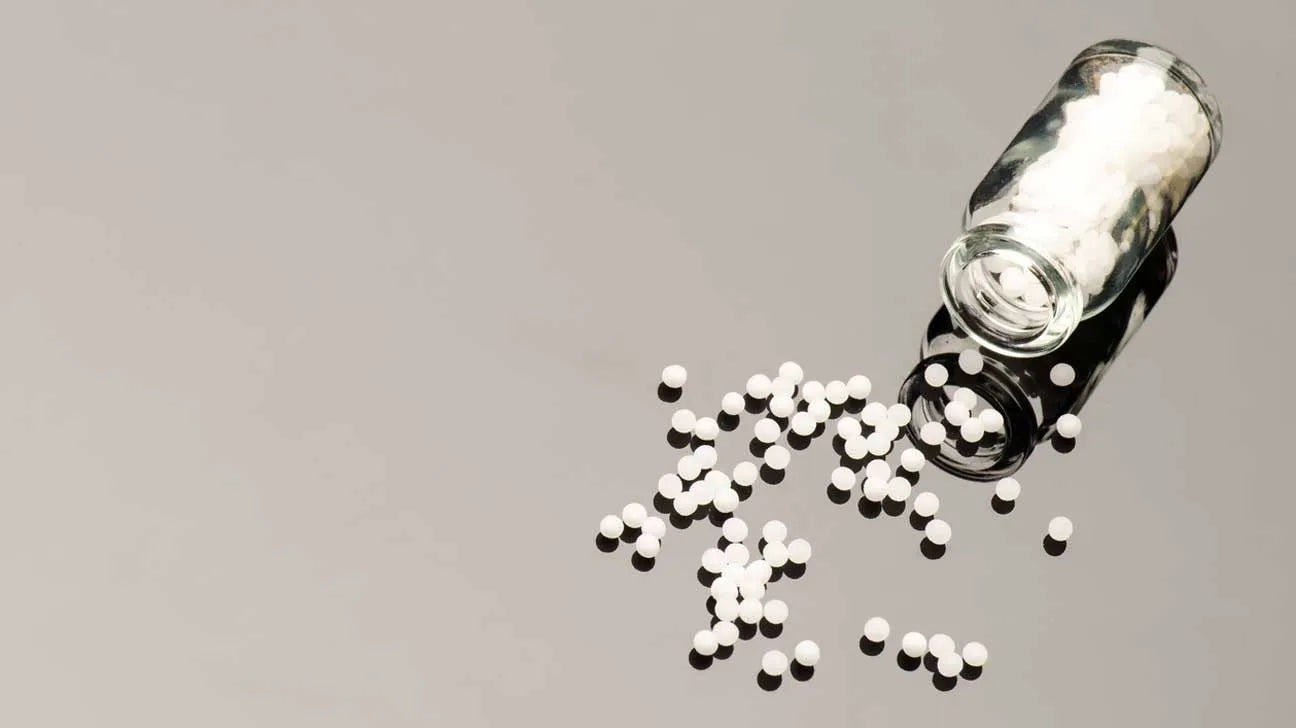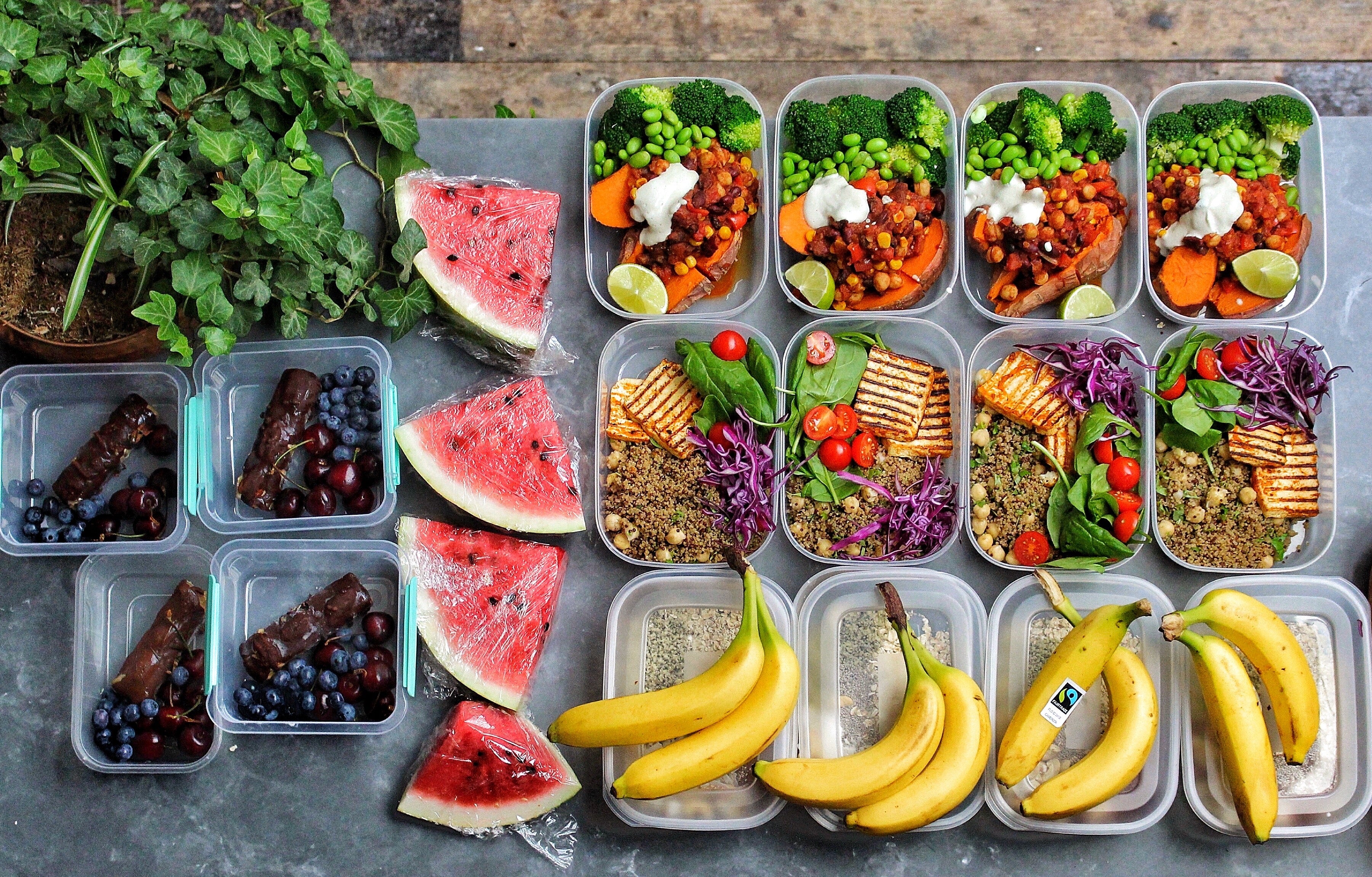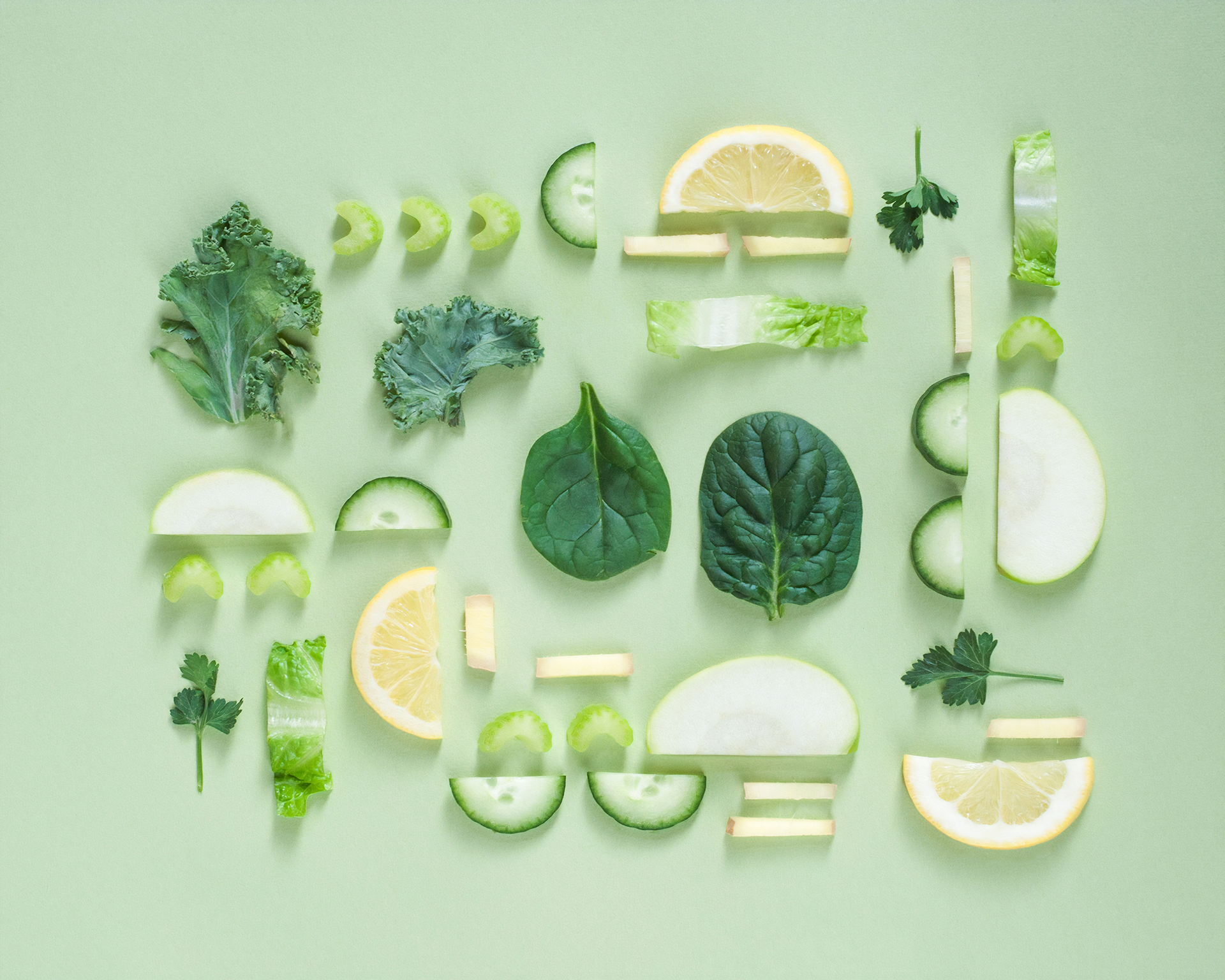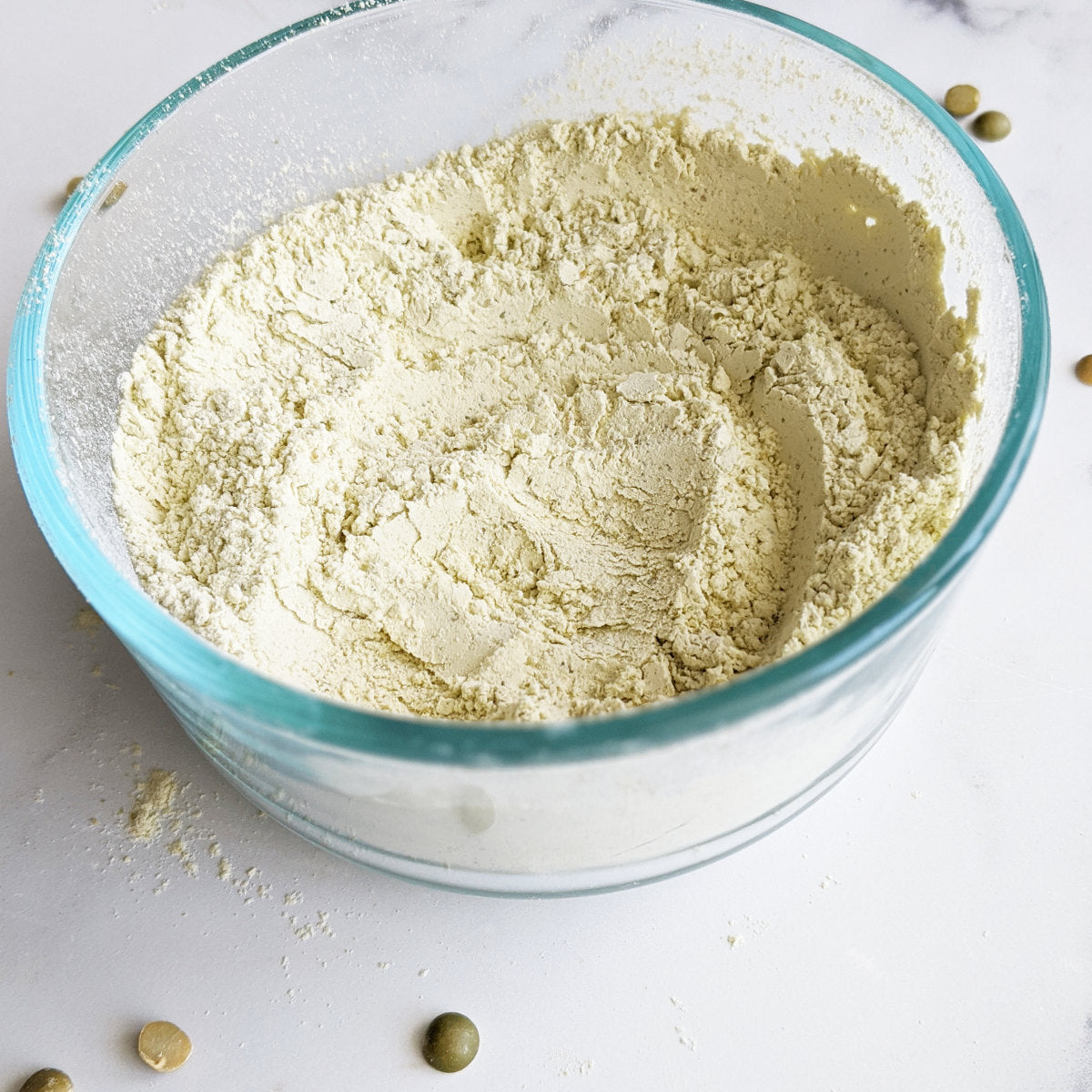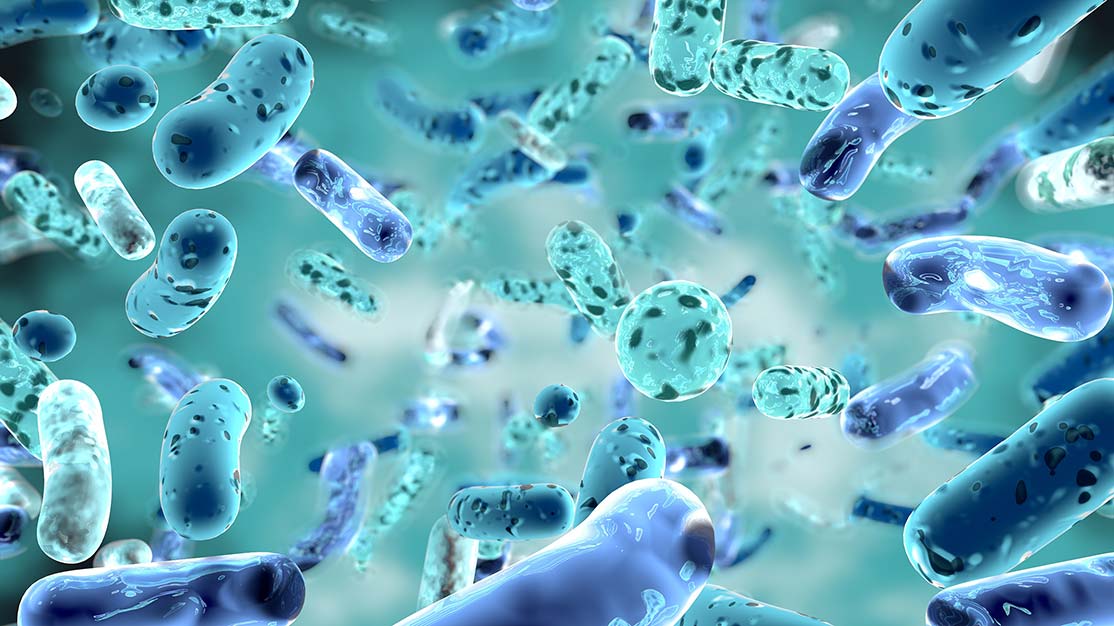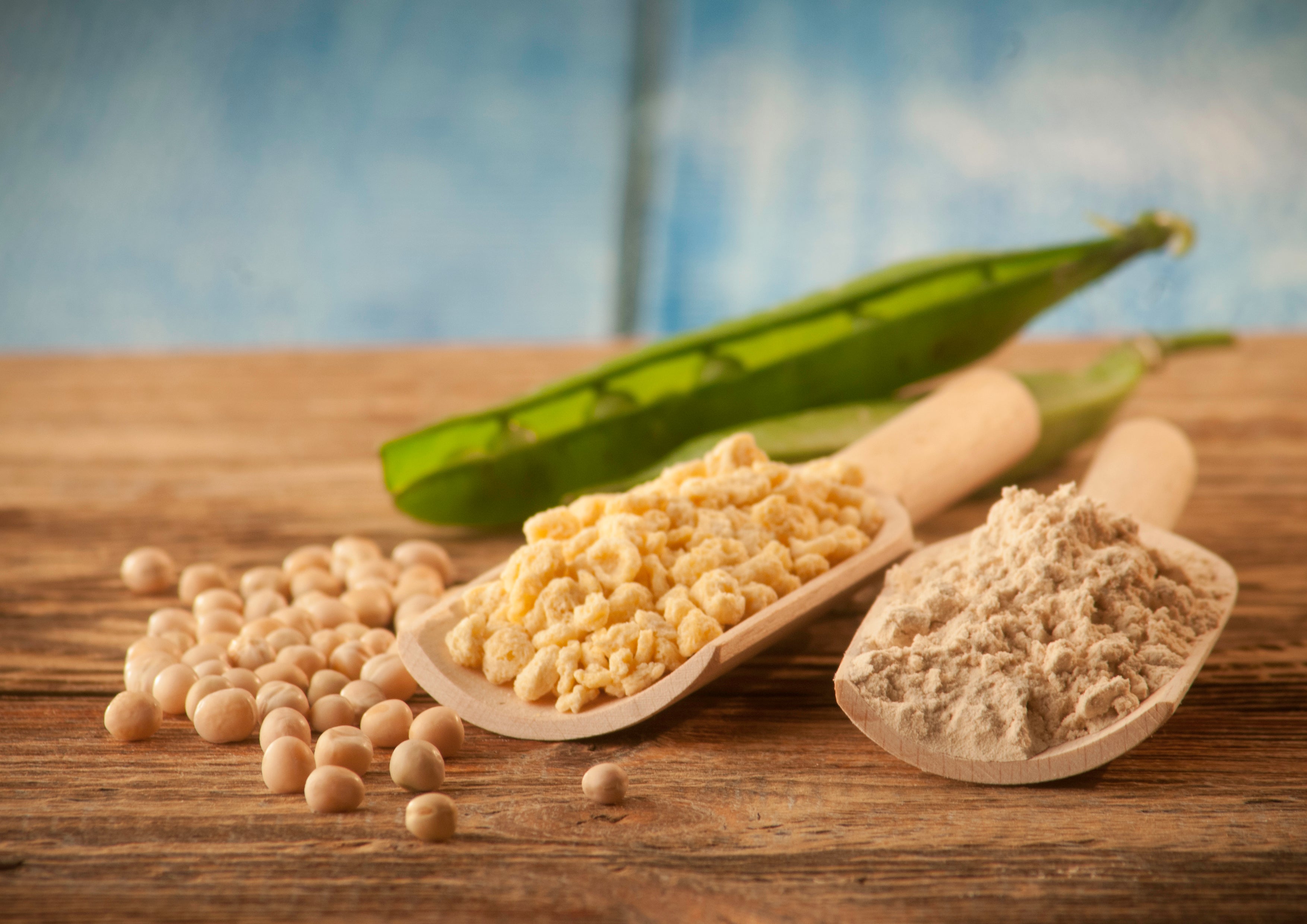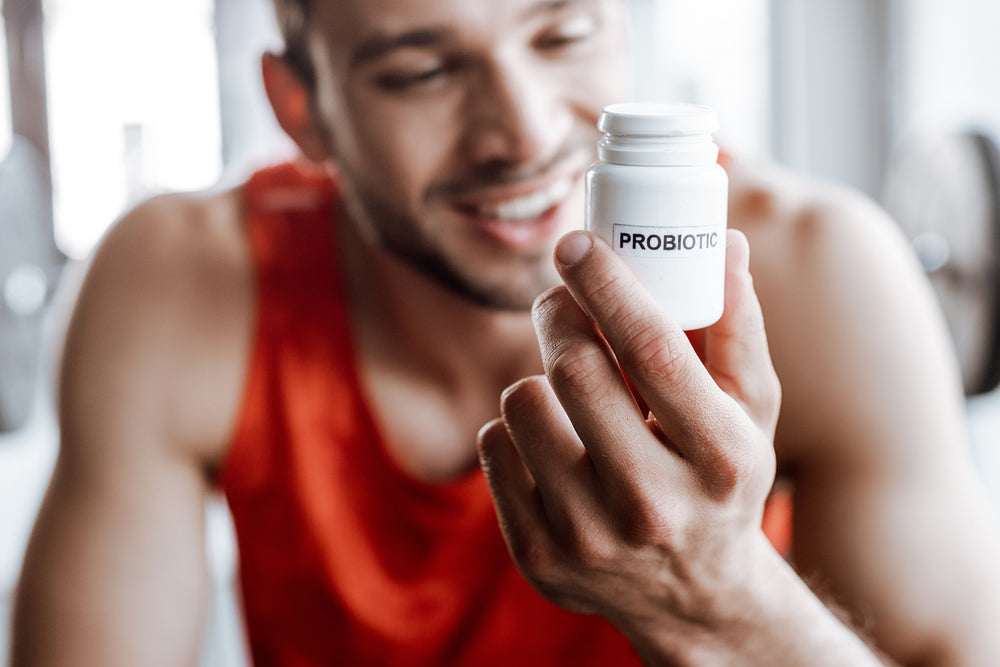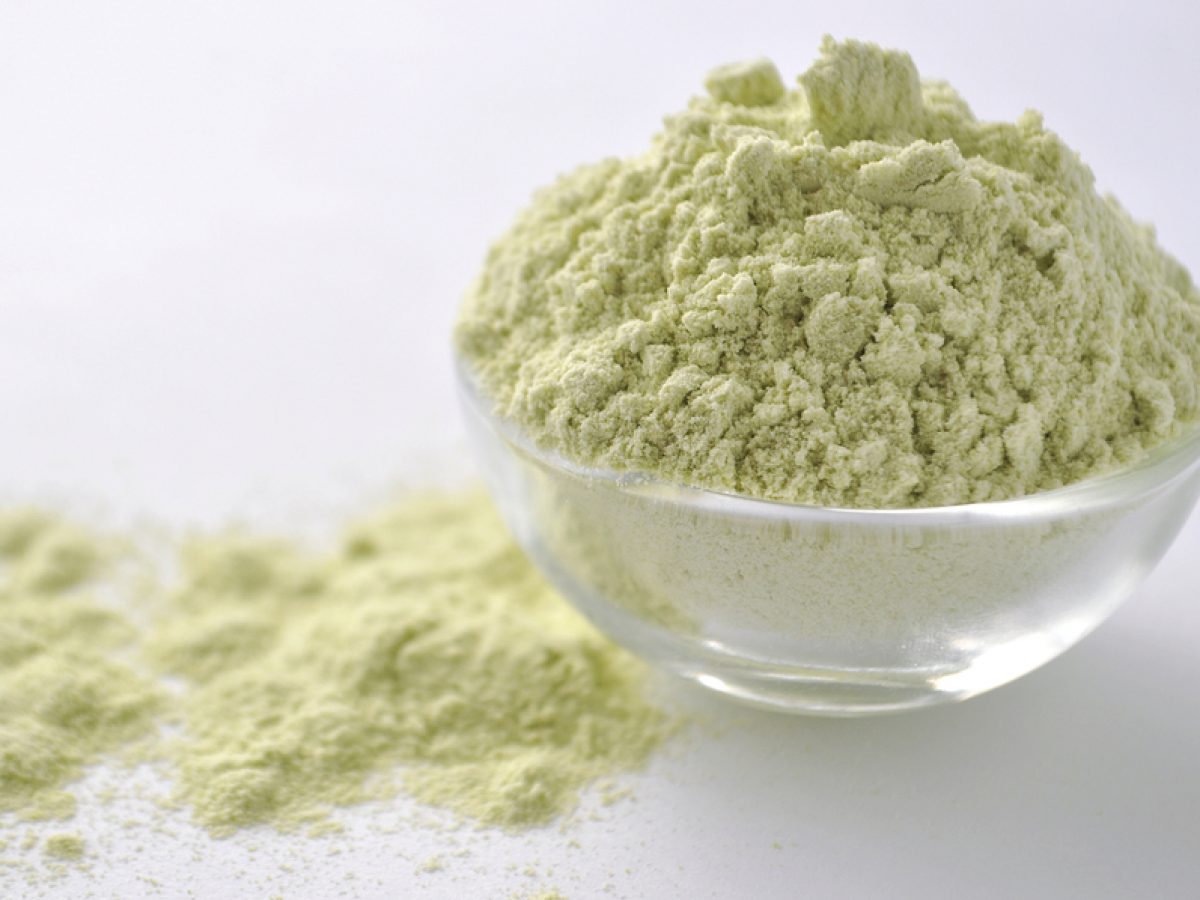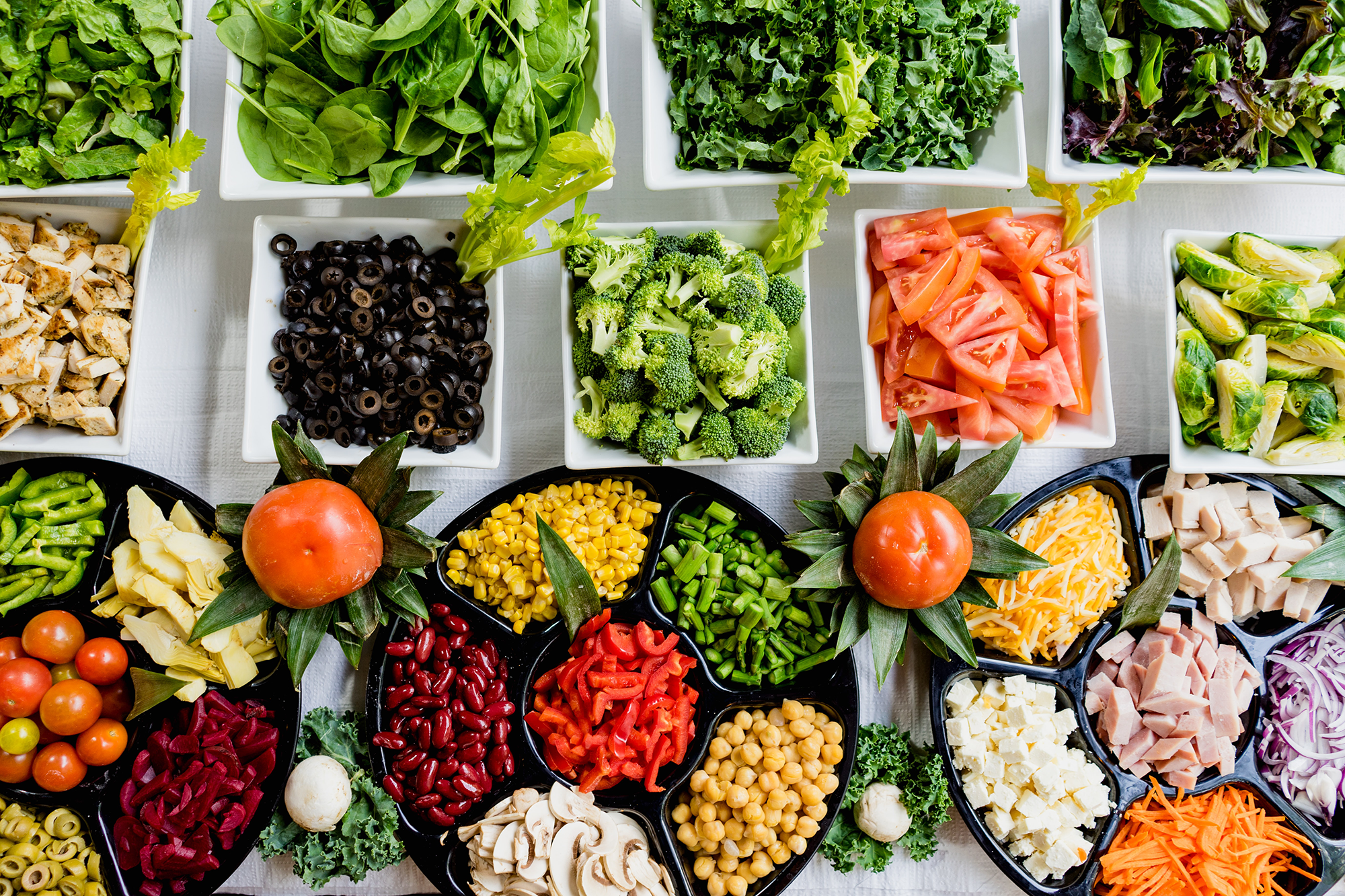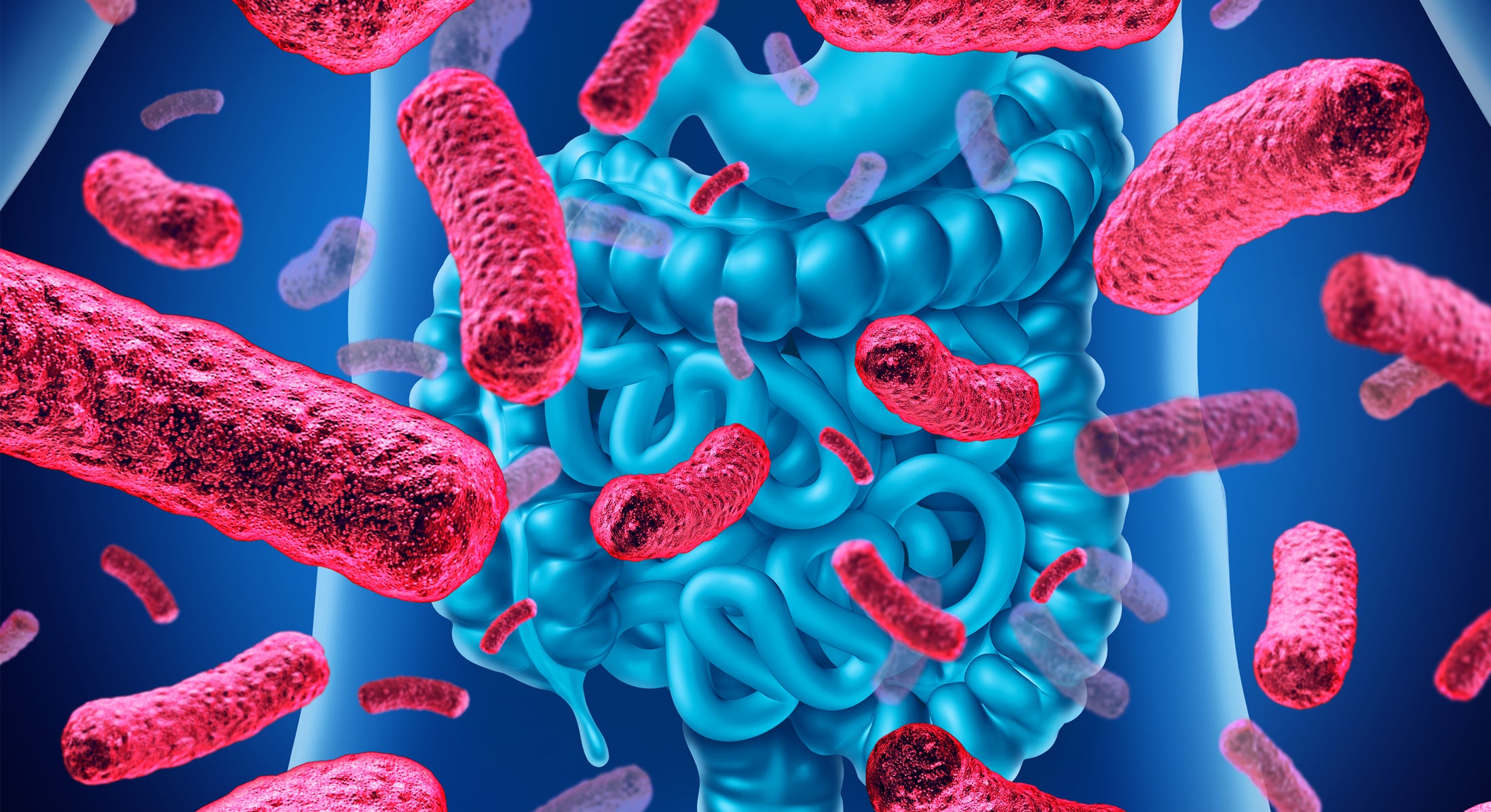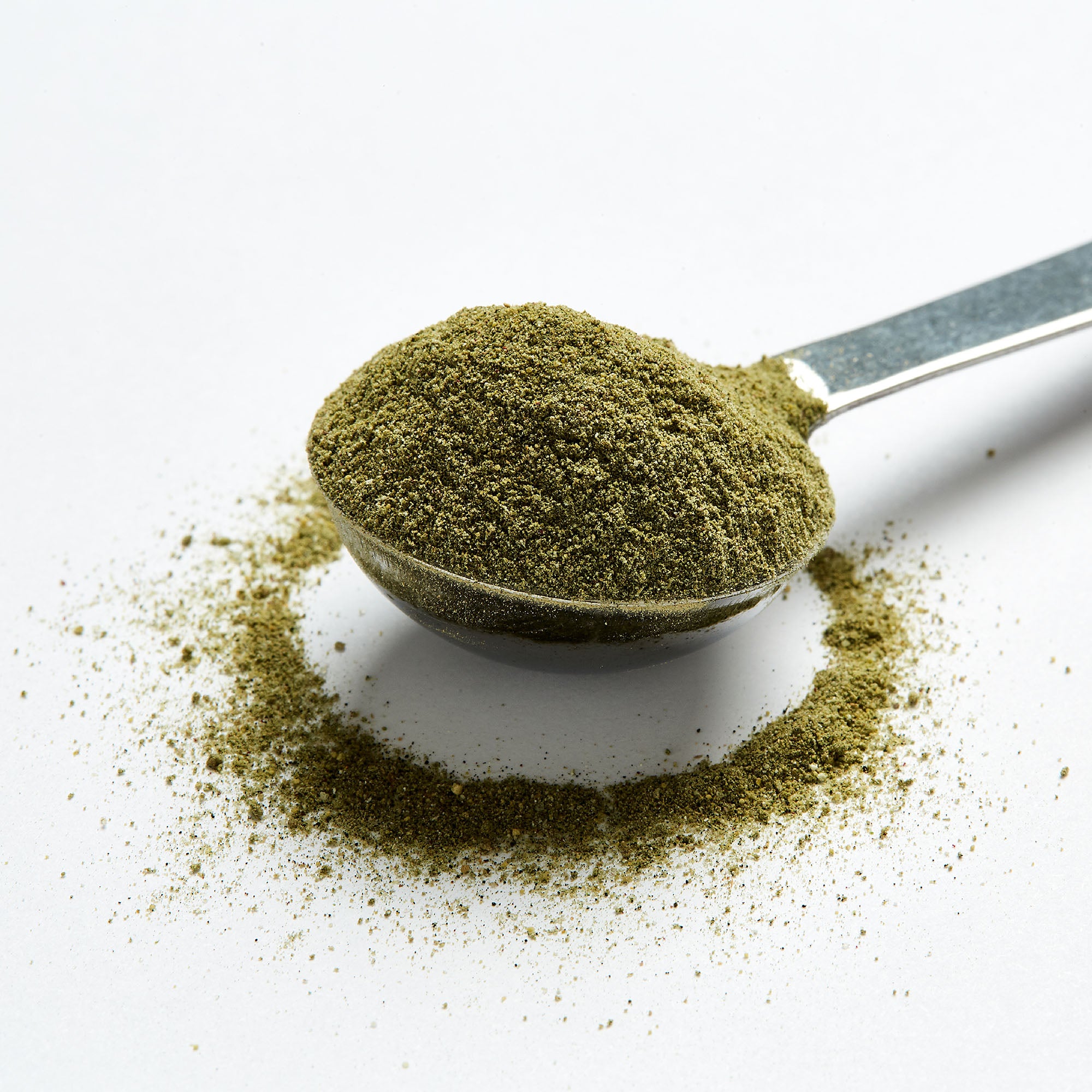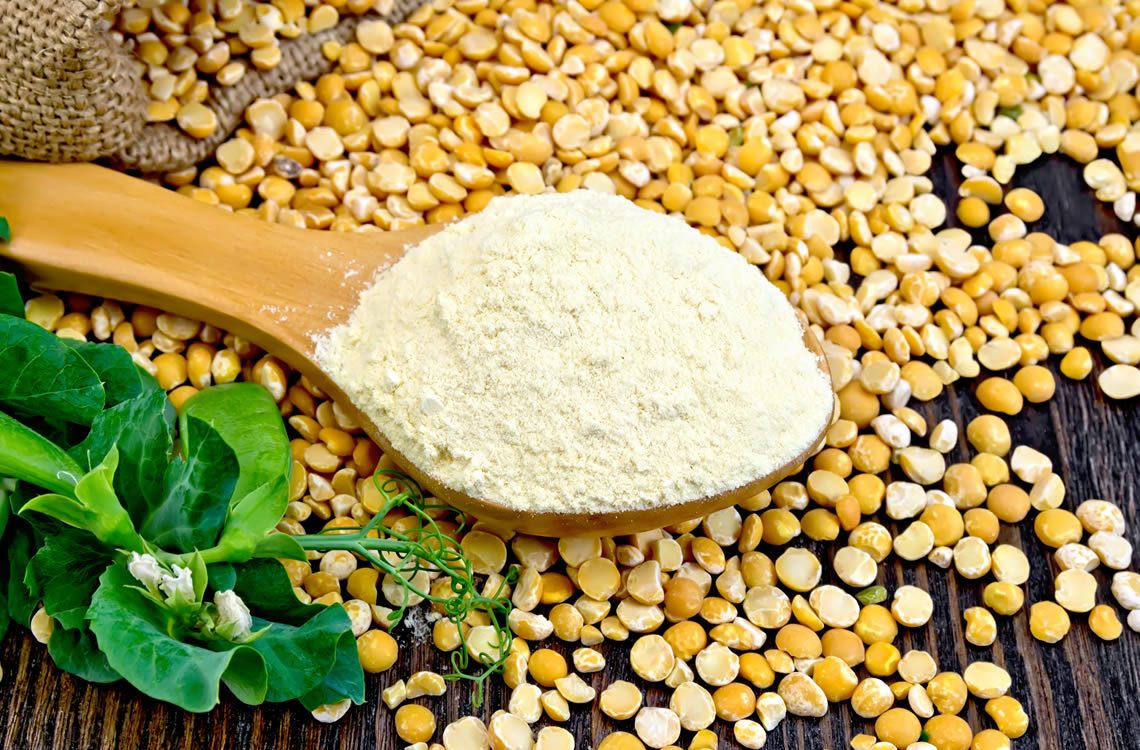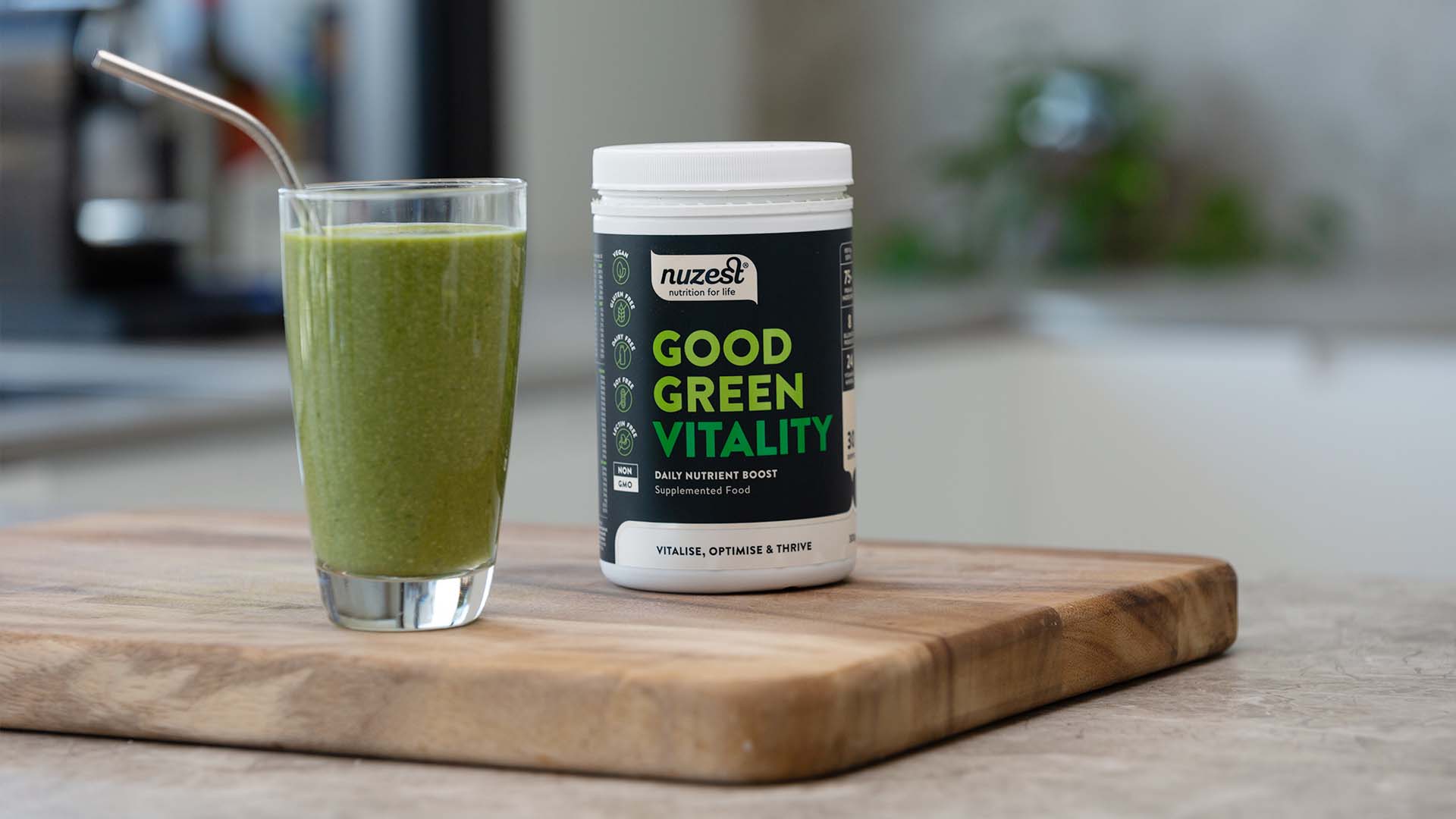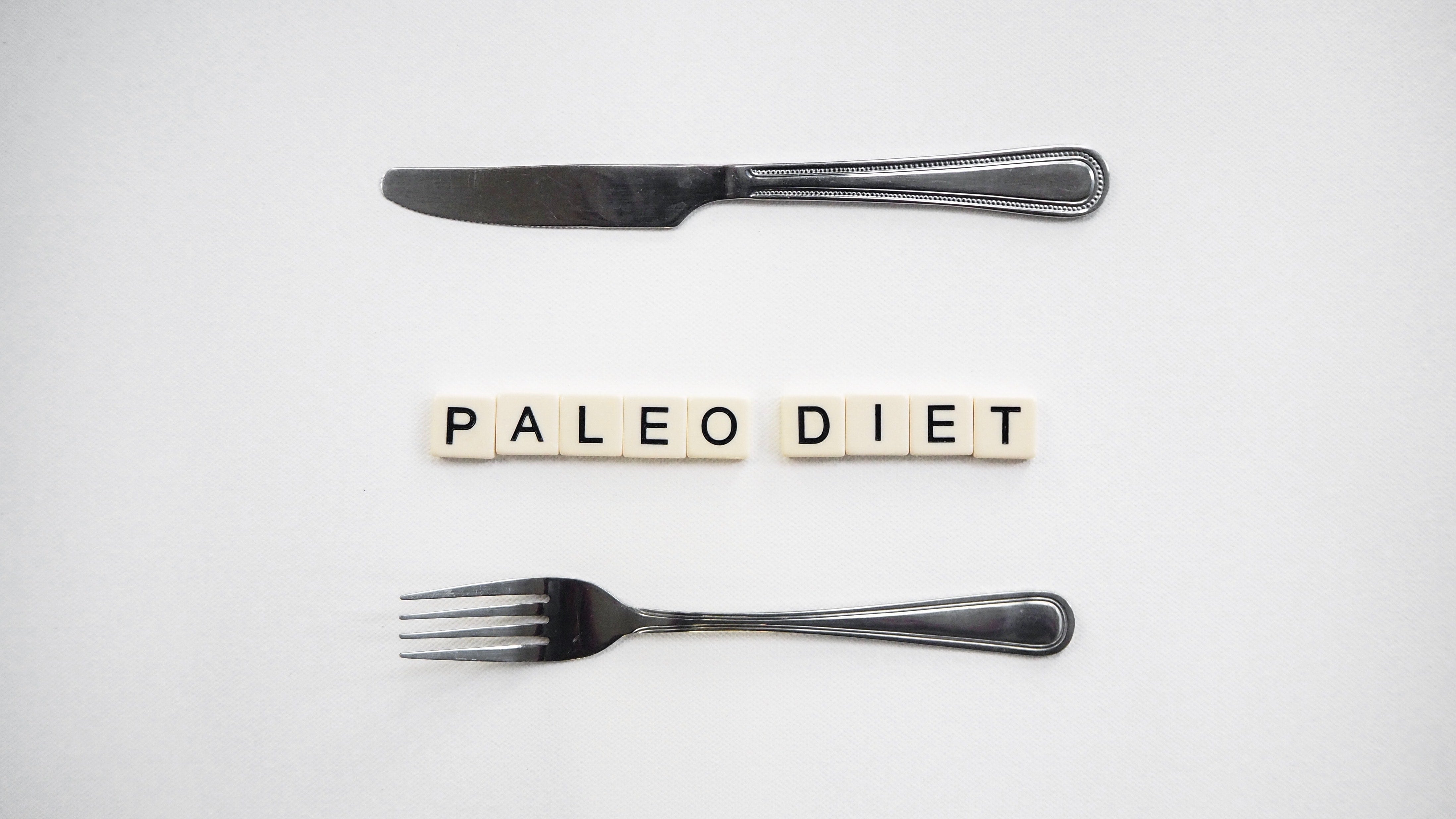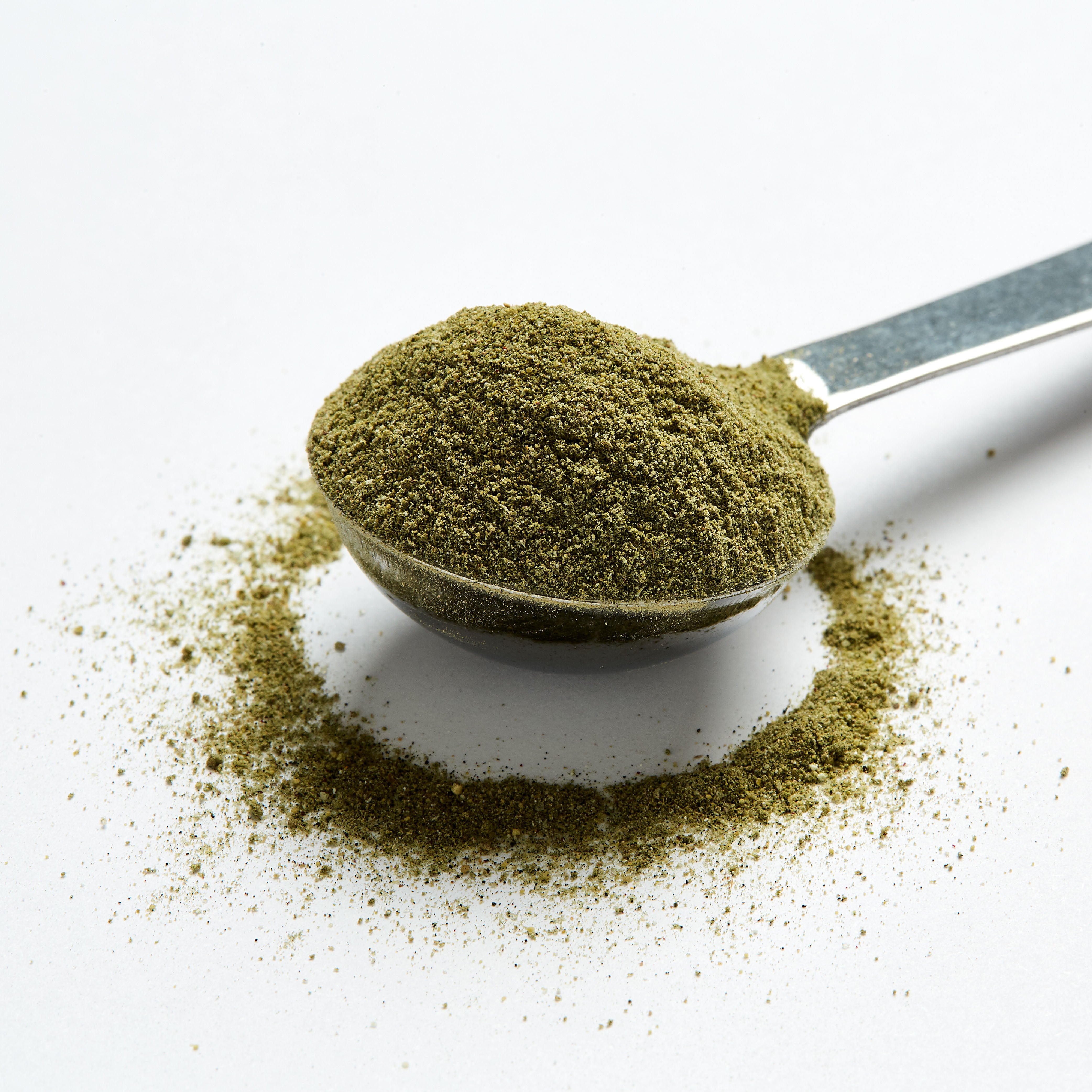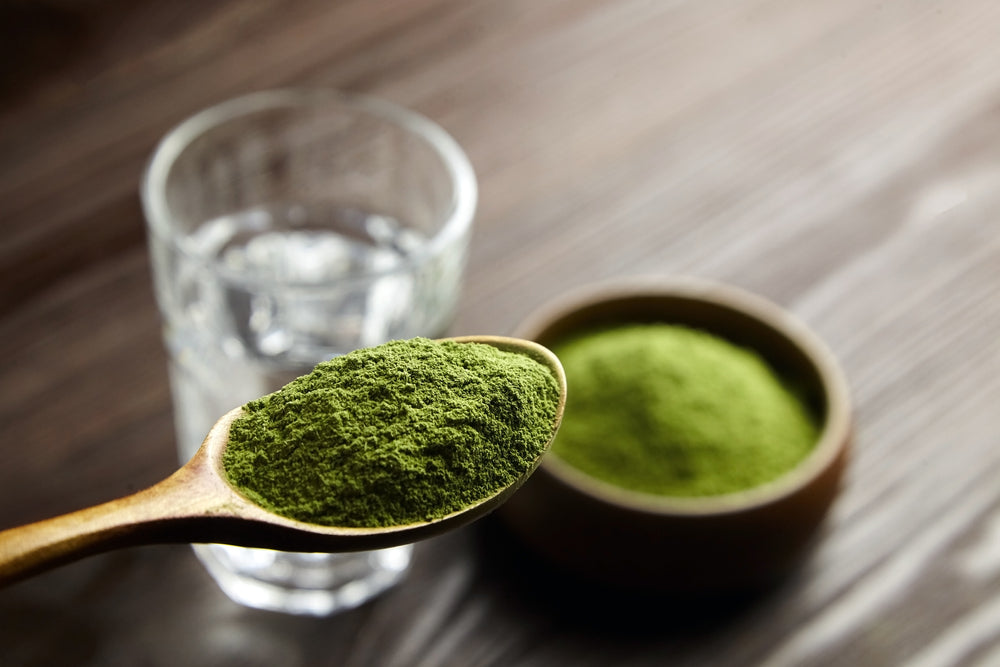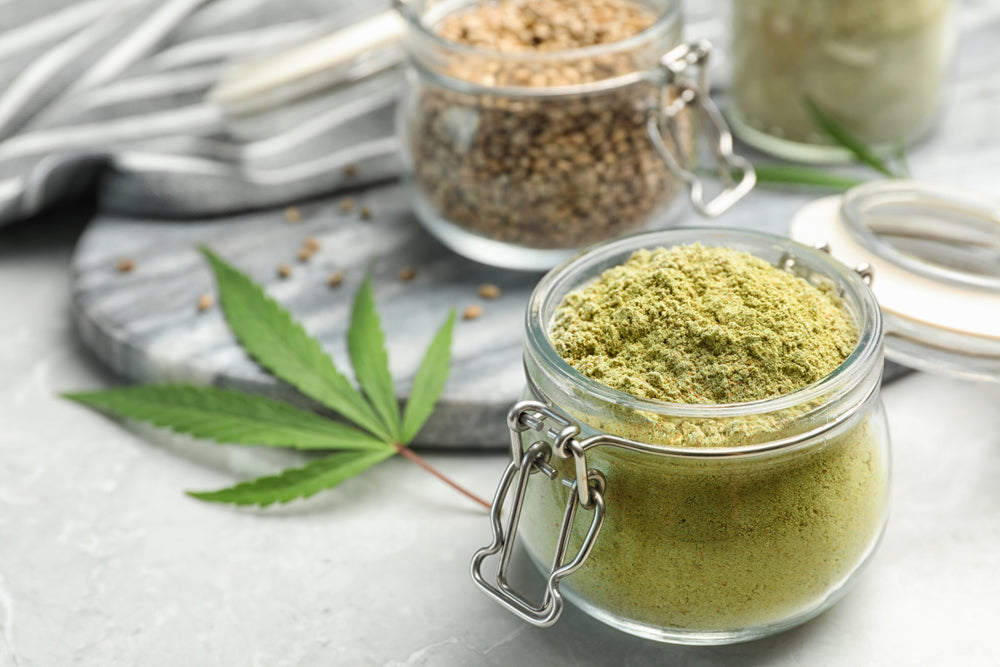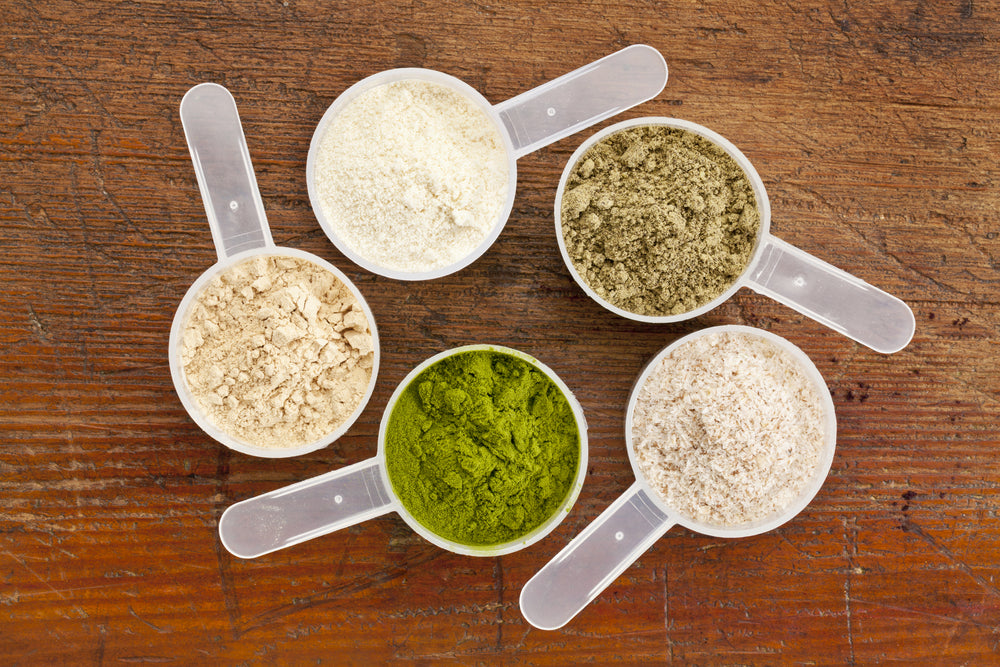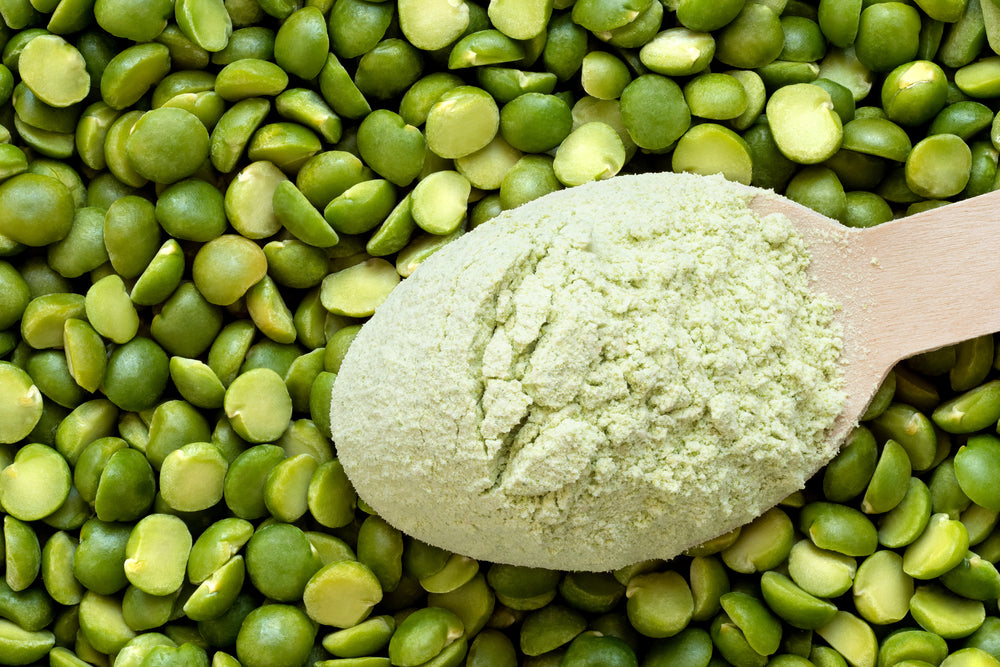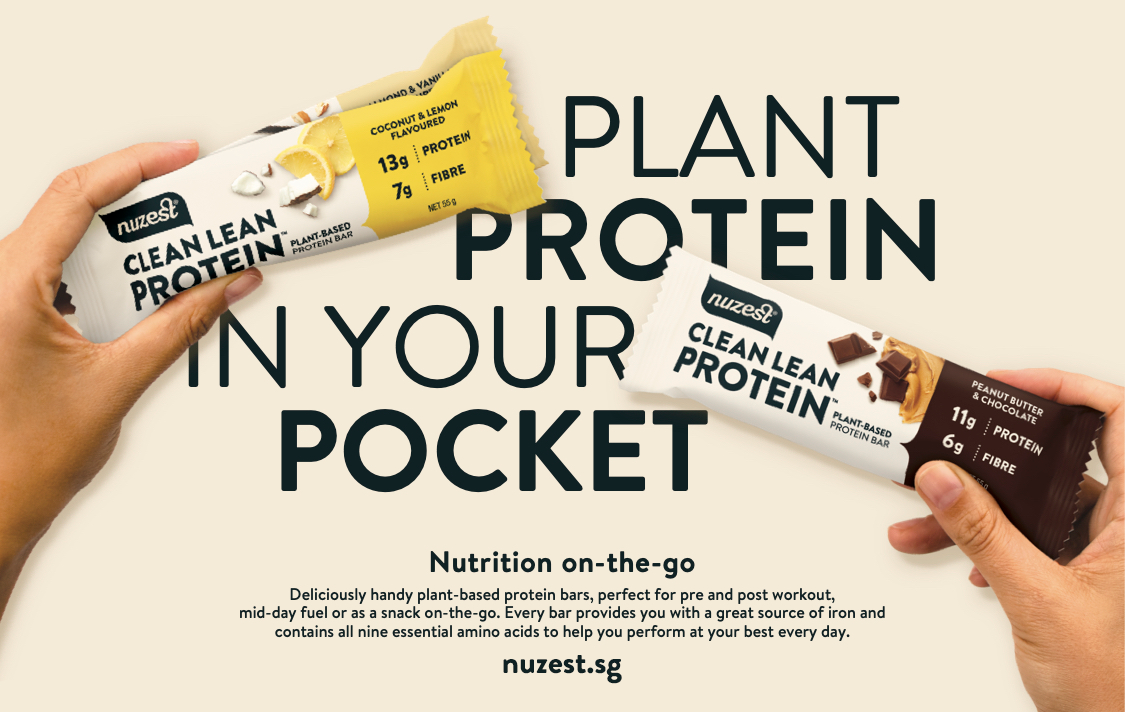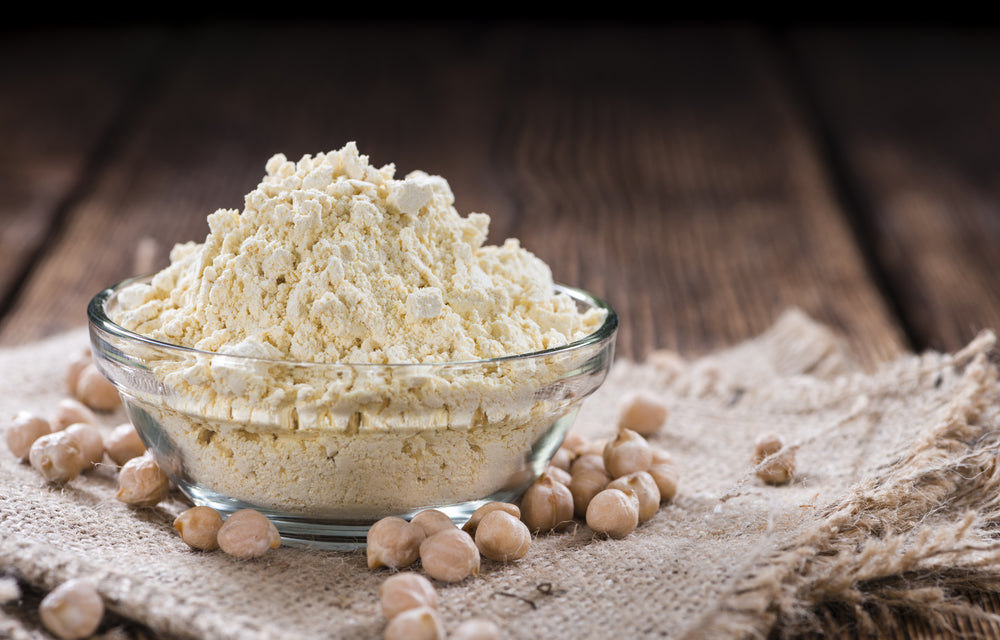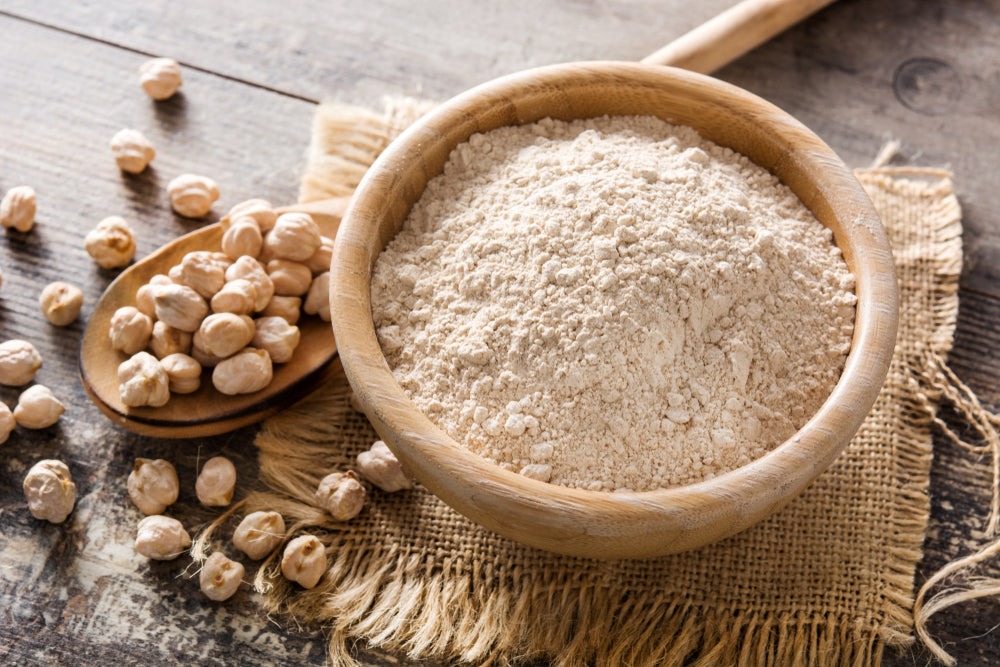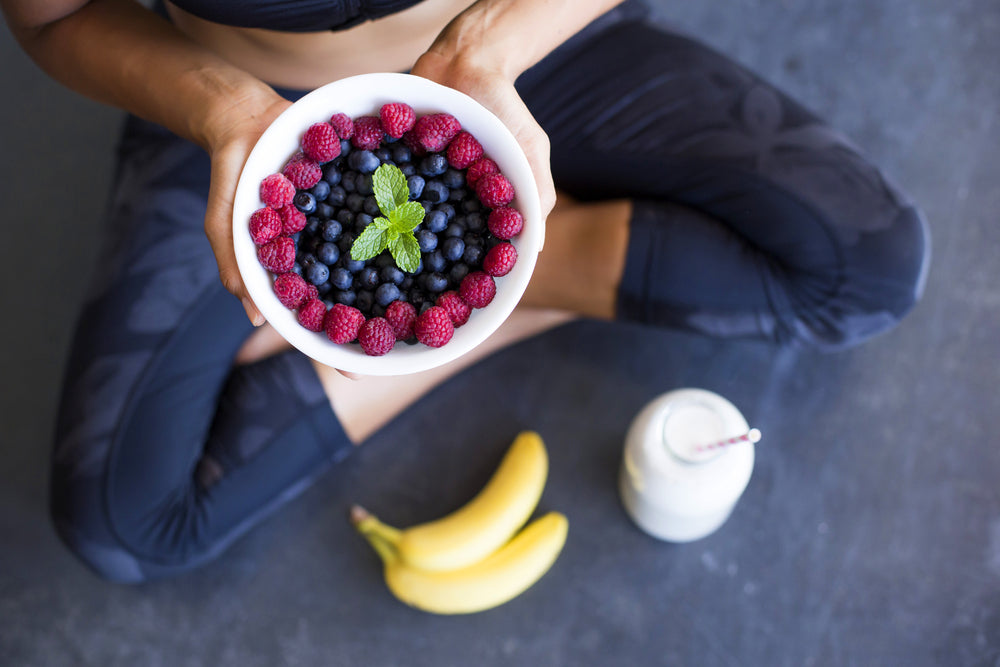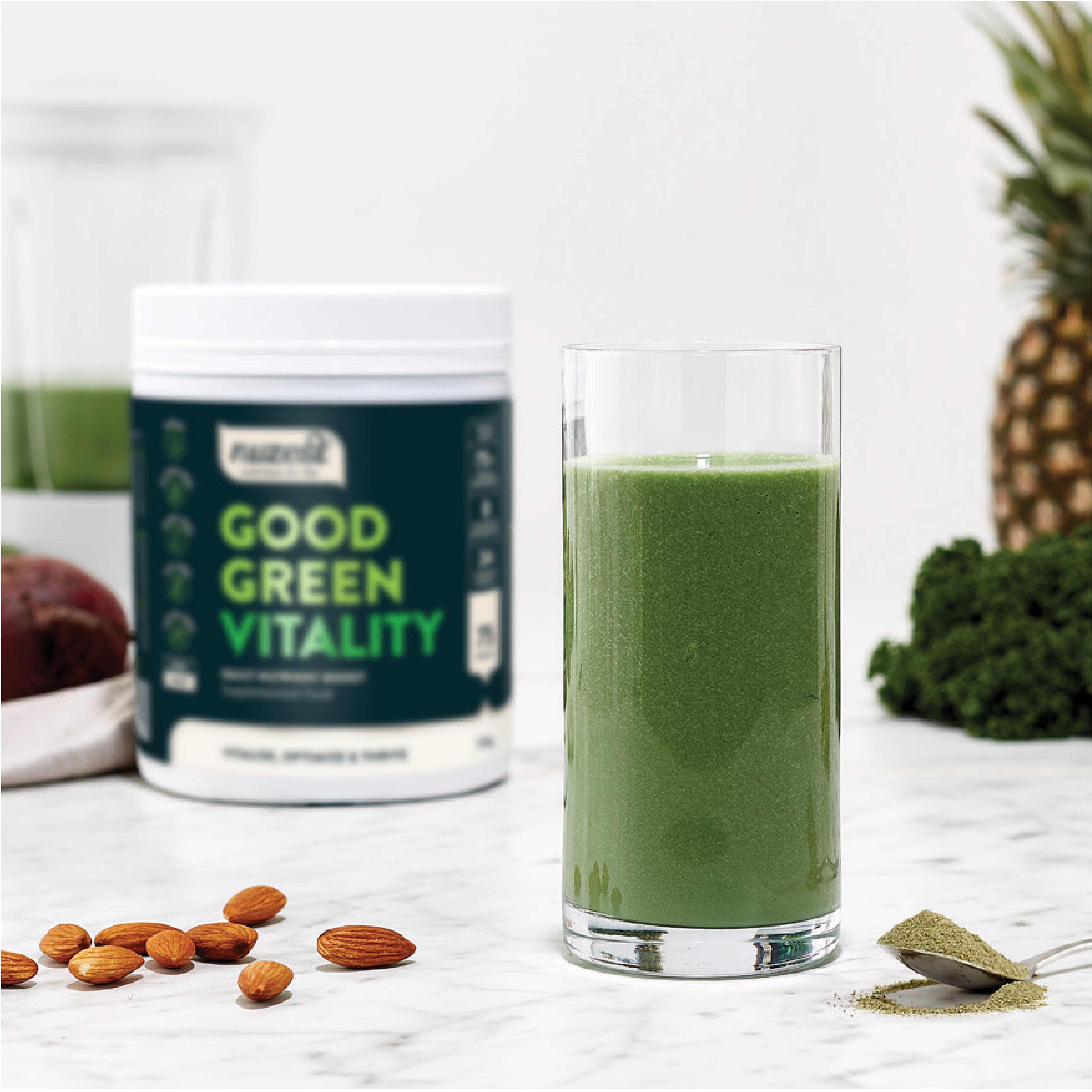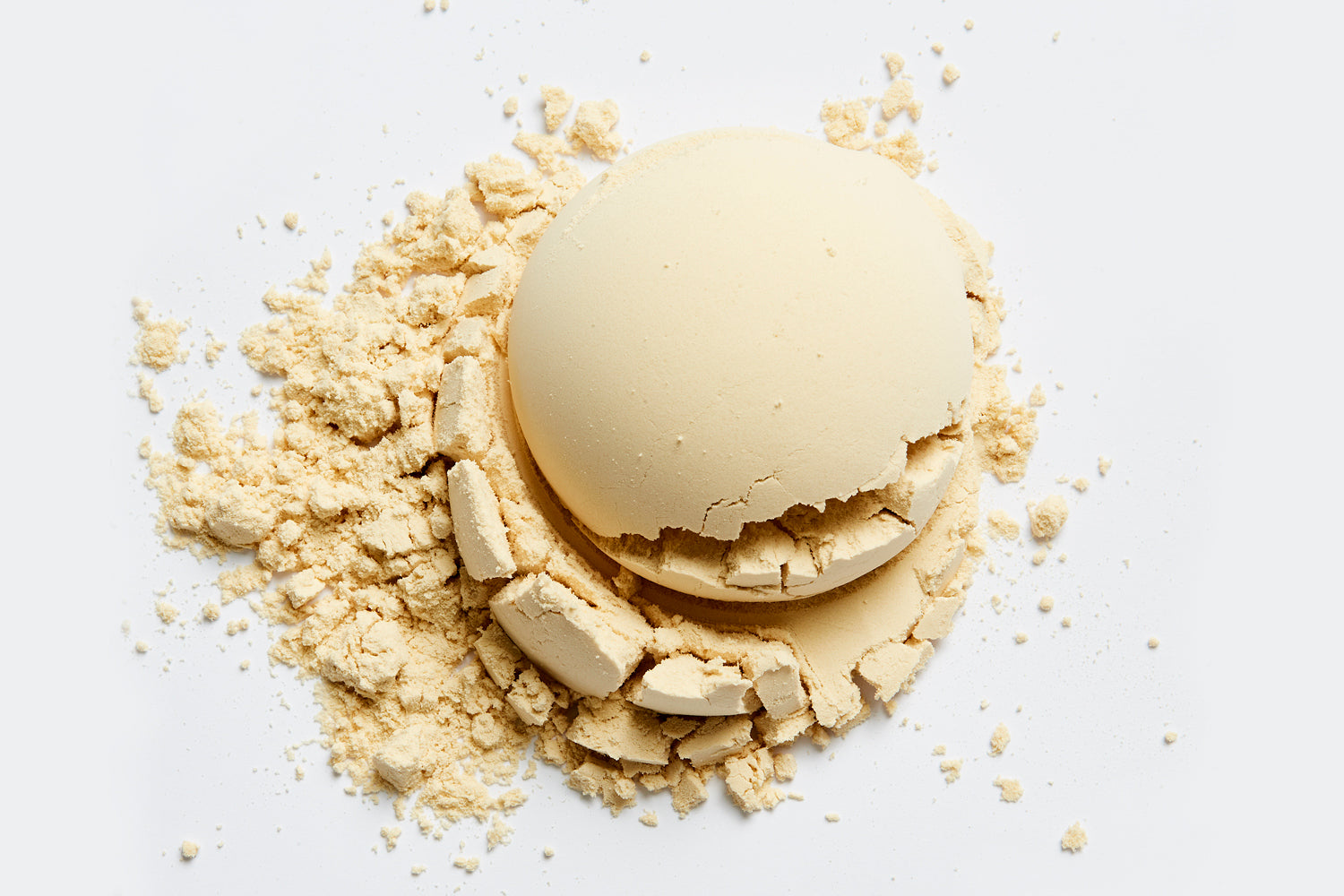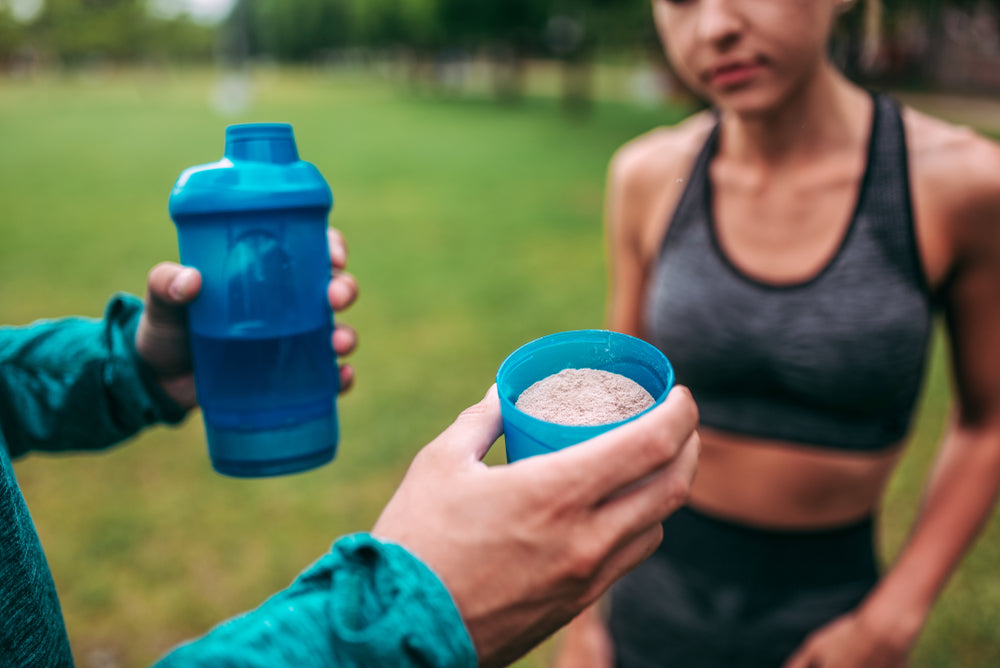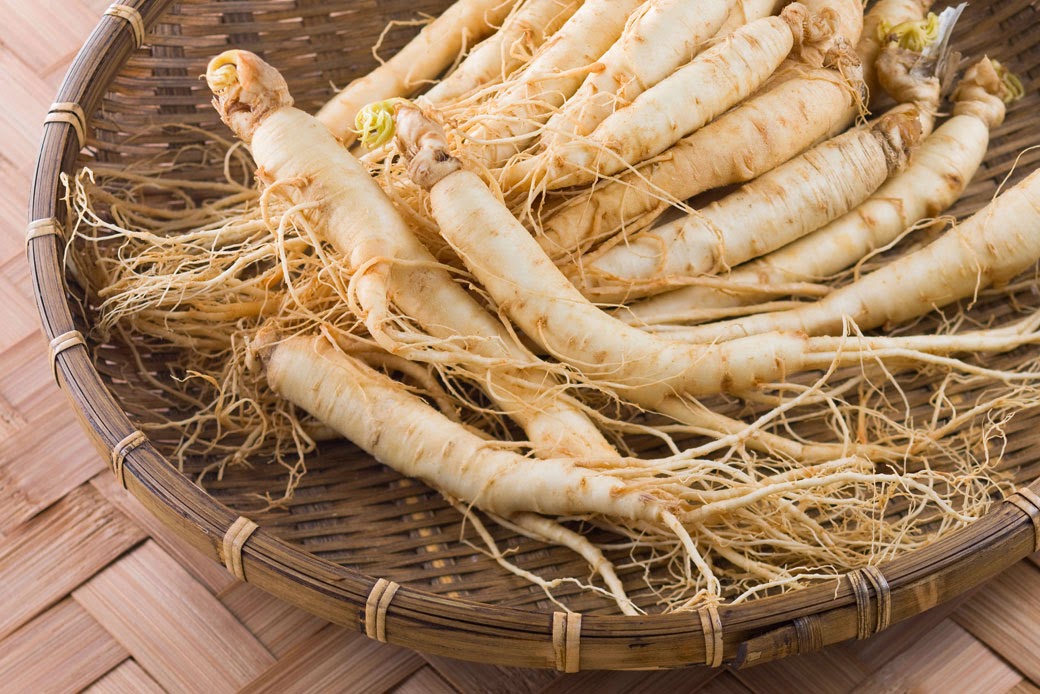You might have thought that plant-based protein shakes are inferior to animal-based products because they fall short on protein. That's not the case at all! You'll be surprised that you're missing an important point! So, what's in plant-based protein shakes? What does it have to offer?
Plant-based protein shakes are becoming more popular in the world of professional sports. Aside from that, plant-based protein shakes are also consumed by those who simply want to stay healthy and meet their daily protein target protein intake while worrying less about the environmental impacts.
If you are still unsure if you want to swap from whey protein shakes for any plant protein, this article can help you make an educated decision!
We will share why many health enthusiasts are using plant-based protein shakes, know how they work, how to use them, and more!
What Are Plant-Based Protein Shakes?
Protein shakes are nutrition support drinks made by diluting protein powder with water or preferred liquid (i.e., milk).
They are mainly formulated to provide a convenient amino acid supplementation to one's diet, especially when access to high-quality protein sources is limited.
Furthermore, protein shakes are typically taken by athletes or gym goers as part of their pre and post-workout routine. They are also used for muscle gain, weight loss, and injury recovery.
What are the different types of plant-based protein shakes?

Pea Protein shakes.
Pea protein shakes are the less allergenic protein supplements complete with all essential amino acids. They're made from yellow split peas wherein their outer shell are removed and milled into a flour-like texture.
There are two (2) forms of pea protein powder: pea protein concentrate (protein concentration of 75%) and pea protein isolate (protein concentration of 85 to 90%).
Hemp protein shakes.
Hemp protein shakes are derived from the seeds of hemp - a cannabis plant. It also completes with essential amino acids, noted to have high arginine content.
Besides, hemp protein is a great source of omega-3 and omega-6 fatty acids.
Pumpkin seed protein shakes.
Protein shakes from pumpkin seeds have high protein content, and they also hold significant amounts of magnesium, zinc, and iron.
It is also believed that pumpkin seeds have some potential anti-inflammatory and antioxidant qualities.
Soy protein shake
Soy protein shakes supplemental protein drinks derived from soy protein powder.
Soy protein is produced from the soy plant. The protein quality found in soy protein powders is a complete type of protein, just like hemp protein and pea protein.
Moreover, soy protein also contains soy isoflavones. These are antioxidant compounds that can potentially reduce oxidative stress and may help fight cancer.
Rice protein shakes
The protein quality found in rice protein shakes is mainly made from brown rice. Yes, rice protein does have all the essential nutrients but has a shallow lysine content.
6 Facts About Plant-based Protein Shakes
What are the perks of taking plant-based proteins?
Fact #1: Plant-based protein shakes are dairy-free.
Plant-based protein shakes are your best friend if you are lactose-intolerant or have sensitivities from animal protein.
Thus, you'll still get the protein you need for muscle building, especially from those containing all essential amino acids.
Fact #2: Plant-based protein shakes can be as good as whey protein.
A complete protein source should have nine (9) essential amino acids. These are lysine, histidine, isoleucine, leucine, methionine, phenylalanine, threonine, tryptophan, and valine. These essential amino acids (EAA) are found in animal sources.
For animal protein powders, you have whey protein and casein protein.
On the other hand, you must note that plant-based protein shakes should not also be underestimated! They can provide excellent results as you will get from whey or casein protein.
If you're on a vegan/vegetarian diet or someone who needs to take a break from consuming animal-based products, plant-based protein shakes can provide that health and nutritional support you need, especially for muscle-building and amino acid supplementation.
Fact #3: Pant-based protein can support your weight loss goals.
Just like whey protein shakes, plant-based protein shakes can provide you with a feeling of fullness and satisfaction for extended periods. It also minimizes your tendency to eat extra calories in between your meals.
With some added ingredients such as fruits, vegetables, milk, nuts, and other components, the longer it can keep you feeling full and satisfied.
Fact #4: Plant-based protein shakes can serve as a meal replacement.
Instead of taking it with protein powder and water, you can get more creative with your plant-based protein shakes and turn them into a nutritious meal replacement!
There are thousands of plant-based protein shakes recipes at your fingertips. Take time to do some exploration and note down which of the recipes suit your taste.
Fact #5: Plant-based protein shakes are eco-friendly.
Yes, plant-based protein diets can make a difference in this world. Protein supplement production has the upper hand when it comes to water consumption, greenhouse gas emissions, and land use.
Animal protein consumption contributes to the destruction of the forest ecosystem and the release of greenhouse gases that causes climate change.
Going for a plant-based dietary pattern can help minimize global meat consumption and, at the same time, help reduce carbon footprint.
Fact #6: Plant-based protein shakes lowers your risk of certain lifestyle diseases.
It is more advantageous for you to consume whole plant foods as they can provide you with more nutrients, fiber and antioxidants without worrying too much about the saturated fat, sodium, and cholesterol that you'll get from animal proteins.
Such substances from animal sources may increase your risk of developing cardiovascular disease and diabetes.
How To Choose The Best Plant-Based Protein Shake?
There are several types of plant-based protein shakes from the dietary supplements market. Make sure you do your research well until you land an educated decision on which type of plant-based supplement will suit your needs and overall health condition.
Remember these essential points when choosing your plant-based protein shake
- It must contain all essential amino acids.
- It has a diverse nutritional profile and provides other functional benefits.
- It contains high-quality and clean ingredients.
- It must be organic.
- Ideally, it must be free from additives, fillers, artificial flavors, and preservatives.
- It has been tested by a third-party laboratory.
- It follows the mandated manufacturing quality standards.
How Much Protein Do You Need?
The daily recommended protein intake largely depends on your body weight. The general advice is to consume at least 0.8 grams of protein per kilogram of weight.
For example, if your body weight is 50 kilograms, you should target a minimum of 40g of protein per day. That is approximately equivalent to six ounces of steak or 2 ½ cups of split peas.
Again, note that this is just a general recommendation. A person may need to increase their protein intake depending on the daily activity level and overall health status.
If you're planning to follow a plant-based diet, the wise action you need to take is to consult a registered dietitian or nutritionist.
How Much Protein Can You Get From Plant-Based Protein Shakes?
Generally, the amount of protein per scoop of plant-based protein shake differs from brand to brand.
Typically, a serving of plant-based protein shake can approximately provide 10 to 30 grams of protein. Hence, that amount can meet 20 to 50 percent of your daily recommended protein intake.
How To Prepare Plant-based Protein Shakes?
Read the manufacturer's preparation instructions. Basically, you just need to follow the recommended powder-to-ratio requirements.
Making a plant-based shake is easy as diluting a glass of milk! Just combine one serving of the plant-based protein powder with the required amount of liquid in a tumbler, then shake it until you have a well-combined mixture.
How To Enhance the Nutritional Attributes of Your Plant-based Protein Shake?
To enhance the taste and nutritional value of whatever type of plant-based protein shakes you have, just add other types of whole foods like:
- Leafy vegetables, i.e., lettuce, kale, spinach, etc.
- Other vegetables, i.e., carrots, pumpkin, cucumber, celery, etc.
- Fruits, i.e., berries, mango, strawberries, pineapple, banana, etc.
- Base liquid, i.e., fresh milk
- Meats, i.e., fish meat, eggs, chicken breast, etc.
- Chocolates
- Yogurt
- Seeds, i.e., chia seeds, hemp seeds, pumpkin seeds, etc.
- Nuts, i.e., almond, hazelnut, walnuts, etc.
- Coffee
What Can You Get From Nuzest's Clean Lean Protein?
If you think pea protein is your best option for your protein supplement, here are the reasons why you should choose Nuzest's Clean Lean Protein:
- Made from premium European golden peas
- 100% Vegan, gluten-free, lactose-free, GMO-free, and lectin-free
- Best protein powder option for people with allergies or sensitivity to other animal-based and plant-based protein sources.
- Free from fillers, gums, and artificial preservatives
- Earth-friendly
- Have multiple flavors - smooth vanilla, rich chocolate, natural, real coffee, wild strawberry, coffee-coconut + MCTs, chai-turmeric + maca, and vanilla mocha.
Check out our nutritious and healthy pea protein shake recipes from Nuzest!

Clean Lean Protein
From seed to tub, we use only the ingredients you need, and the cleanest processing required to bring them to you. Better for you. Better for the environment.
Disclaimer:
The information provided on Nuzest is for educational and informational purposes only. The information provided on this site is not, nor is it intended to be, a substitute for professional advice or care. Please speak to your qualified healthcare professional in the event that something you have read here raises questions or concerns regarding your health.

